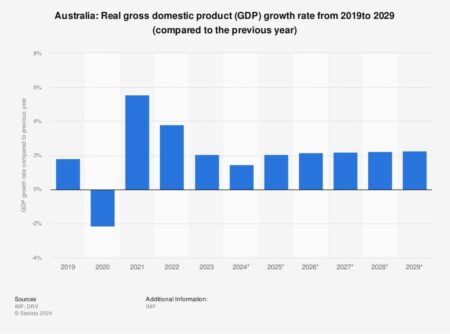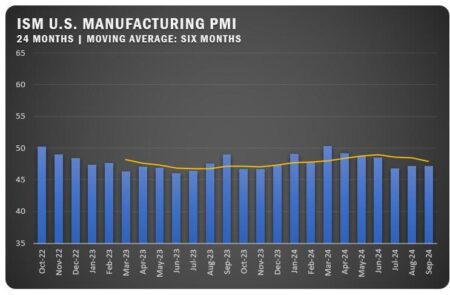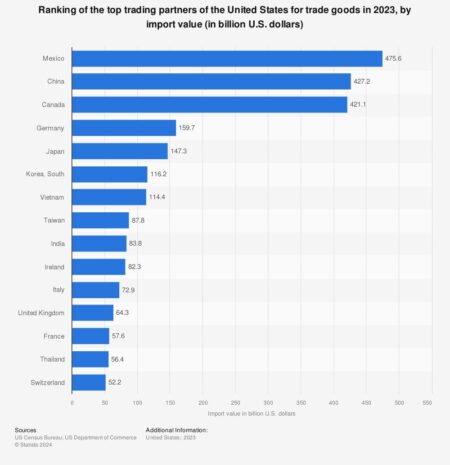Argentina’s inflation rate is projected to increase marginally in February, according to a Reuters poll. Analysts anticipate ongoing economic challenges will contribute to persistent price rises, keeping inflationary pressures at the forefront of national concerns.
Browsing: economic indicators
Japan’s inflation rate has slowed more than anticipated, yet remains elevated, prompting speculation about the Bank of Japan’s potential interest rate hikes. Analysts suggest that persistent price pressures may force the central bank to act sooner than expected.
In Bloomberg’s analysis, the decline in beer consumption in China serves as a barometer for broader economic challenges. As households tighten budgets, the shift in drinking habits reflects consumer confidence and signals potential lasting impacts on the economy.
Brazil’s central bank has raised interest rates to their highest level since 2016, signaling a cautious approach towards future hikes. With inflation concerns in mind, officials indicate that smaller increases may be on the horizon to balance economic growth and stability.
Asia-Pacific markets opened mixed following the decision of both China and the U.S. to maintain steady interest rates. Investors are closely monitoring economic indicators and global trends as they navigate uncertainties in the financial landscape.
Brazil’s economy is projected to grow by 3.4% in 2024, driven by robust domestic demand. However, recent indicators of year-end weakness suggest that further interest rate hikes may be limited, prompting analysts to reassess monetary policy outlooks.
U.K. stocks closed lower today, with the Investing.com United Kingdom 100 index declining by 1.25%. The downturn reflects broader market concerns amid economic uncertainty, prompting investors to reassess their strategies as volatility persists.
Argentina’s monthly inflation rate saw a slight uptick in February, aligning with analysts’ expectations. The increase reflects ongoing economic challenges, including rising prices in essential goods, as the country continues to navigate its financial recovery.
In a recent statement, former President Trump suggested that tariffs on Mexico and Canada could potentially increase, indirectly acknowledging the economic uncertainties ahead. He refrained from dismissing the possibility of a recession, raising concerns among analysts.
Australia’s GDP growth accelerated by 0.6% quarter-on-quarter in Q4, driven by robust consumer spending and investment. This positive economic trend reflects resilience amid global uncertainties, boosting confidence in the nation’s recovery.
India’s factory activity growth has fallen to a 14-month low in February, reflecting a significant slowdown in demand. According to a recent report by Reuters India, this decline raises concerns about the country’s economic momentum amid global uncertainties.
The United Kingdom remains a focal point for economic and social statistics, showcasing diverse data on GDP, employment, and public health. Statista serves as a critical resource, providing up-to-date insights that drive informed decision-making across sectors.
Japan’s factory activity has shown signs of decline as weakening global demand impacts manufacturing output. The latest reports indicate a contraction in production, signaling potential challenges for Japan’s economy amid shifting market conditions.
Italy’s manufacturing PMI for February came in at 47.4, exceeding expectations of 46.8, indicating a slight improvement in economic activity. Despite remaining below the critical 50 threshold, this uptick suggests resilience in the sector amidst ongoing challenges.
Recent analyses from Liberty Street Economics reveal that the decline in U.S. imports from China may not be as significant as official data suggests. The discrepancy highlights the complexities of trade metrics and their impact on economic assessments.
Canada’s economy defied expectations with a surprise annualized growth of 2.6% in the fourth quarter, according to a Reuters report. This robust performance highlights resilience amid global uncertainties, signaling potential strength in consumer spending and investments.
Japan’s Nikkei index fell to a four-month low, driven by concerns over the U.S. economic outlook and a strengthening yen. Investors are wary of potential impacts on export competitiveness, prompting a cautious approach in the market.
India’s GDP growth is projected to have rebounded in the October-December quarter, fueled by increased government spending, according to a Reuters poll. Analysts expect this fiscal boost to enhance economic resilience amid global challenges.
Argentina’s monthly inflation rate slowed in January to its lowest level in over four years, providing a glimmer of hope for an economy plagued by soaring prices. Analysts view this development as a potential turning point amid ongoing economic challenges.
Australia’s jobless rate edged up in January despite a surge in employment opportunities, raising concerns among economists. While the labor market shows resilience, the increasing unemployment highlights underlying challenges in the country’s economic landscape.



















